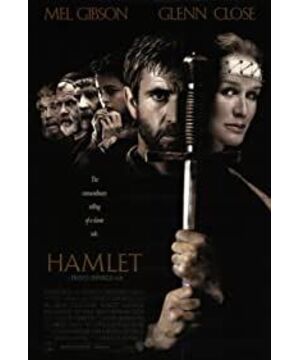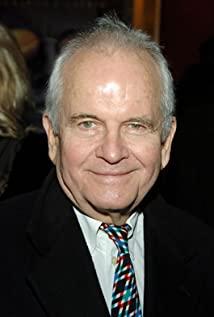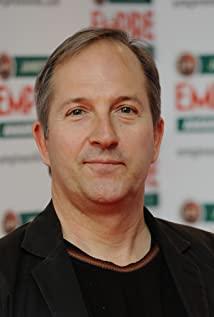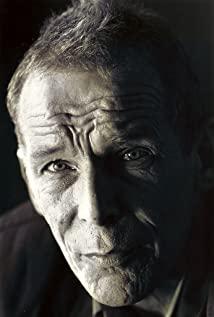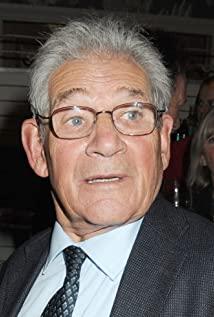"Hamlet" is the representative work of Shakespeare's tragedy. The ideological content has reached an unprecedented depth and breadth, profoundly revealing the evil and essential characteristics of the society at the end of the feudal period. In terms of the inner performance of the characters, "Hamlet" is the most confusing, or the most philosophical. "Hamlet", also known as "The Prince's Revenge", mainly tells the story of a prince fighting his uncle in order to avenge his dead father.
In my opinion, the ultimate value of Hamlet is the value of human beings. Human values include light and darkness, kindness and cruelty, innocence and obscenity, decisiveness and hesitation, and other extreme human qualities. At the same time, Hamlet is like stepping on a tightrope. , who often teeter cautiously between two extreme values.
"To live or to destroy, this is a question worth thinking about." There are countless interpretations of the well-known saying, my understanding: should we live in fear of the unknown pain of hell, or should we bravely break free from the shackles of fate, even if Could the result be irreversible? Is Buddhist perseverance magnanimity or cowardice? Is the tragic heroic revolt brave or not adept? Which of them is more expensive? Is this a mystery? As far as the main line of this drama is concerned, Hamlet killed his uncle, from a rational point of view (only representing my understanding), it doesn't seem to change the fact that his father died, it just avenged the blood and hatred, which didn't change anything. matter. With the development of things, Hamlet is in a very embarrassing situation, he accidentally killed Laertes, how should he face his beloved - Ophelia? After that, how did he face his mother?
This drama reflects the darkness of the society at that time, and also reflects the author's humanistic thought.
View more about Hamlet reviews


